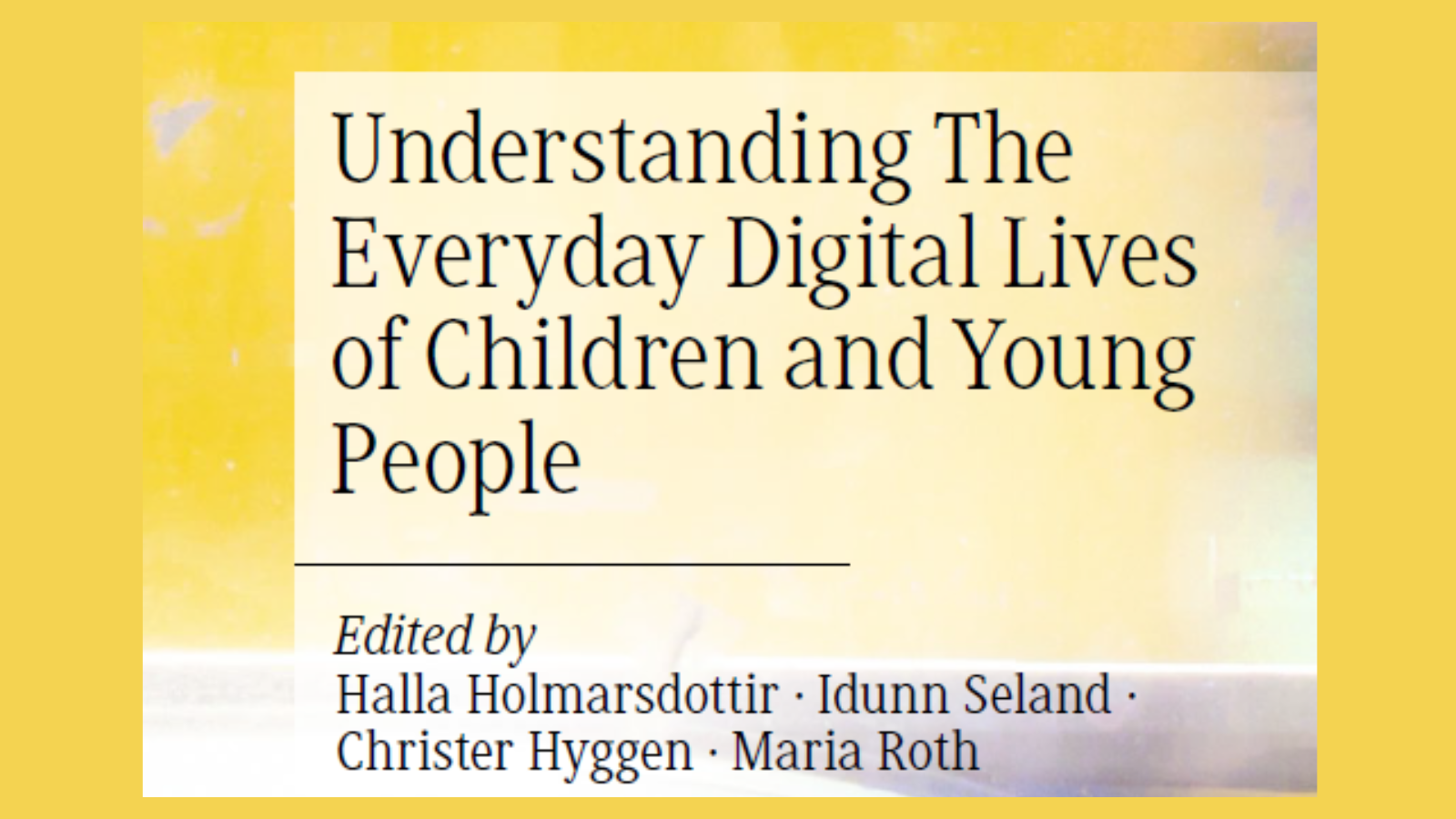In an era dominated by technological advancements, it is primordial that children and young people are equipped with skills and competences (e.g., digital and media literacy, communication and collaboration, innovation and creativity, learning skills and socio-emotional competences and more specific labour-market skills) that will enable them to navigate and live with the ubiquitous technology permeating the fabric of their everyday lives. Recognizing this need, COFACE embarked on a significant research endeavor as part of the Horizon 2020 DigiGen project. Spanning over three years, this project delved into the intricate relationship between technology and the younger generation across Europe.
The primary objective of the DigiGen project was to gather comprehensive insights into how children and young people navigate and are influenced by technological transformations in their daily lives. By focusing on various facets such as family dynamics, leisure activities, educational settings, and civic engagement, researchers sought to uncover nuanced perspectives and trends. The ability of young people to engage with and use digital technology will be critical for their future in all areas of their everyday lives. It is essential to recognise that children and young people must not only be adept at using digital technology, but they must also understand the changes brought on by digital technology and be able to build on them. These changes have generated both benefits and challenges for future generations. This means that educational and training institutions will need to address the necessity for these competences and skills to promote inclusivity in digital technology participation and avoid the risk of widening the educational and digital divide between children from advantaged and disadvantaged groups. Yet families also have a role to play in contributing to children and young people’s digital competences and skills. In addressing the risk of a widening digital divide and inequality, it has been necessary for DigiGen to consider why and how some children and young people benefit from digital technology use while others seem to be impacted negatively. Several of the chapters in this volume focus on these aspects.
After years of meticulous research and analysis, the culmination of the DigiGen project has resulted in the release of the first DigiGen book. This publication represents a wealth of knowledge distilled from the insights gathered throughout the project’s duration. Much of the scholarship to date on the impact of technological transformations on children and young people has been survey-based, with an overabundance of studies focusing on opportunities, risk and safety. While this focus is undoubtedly important, the specific topic DigiGen responded to is the need for a focus on the everyday lives of children and young people from their perspective and not solely from the perspective of adults around them.
The book features a chapter authored by COFACE’s Senior Project and Advocacy Officer, Holly Shorey, formerly involved in the Digigen Project. Titled ‘EU Policy Reflections: Digital and Social Policies for Children‘, it delves into the intersectionality of digital and social policies in supporting children as digital citizens.
The release of the DigiGen book marks a significant milestone in the journey towards harnessing the potential of technology while safeguarding the well-being of future generations.
You can access the book here.





